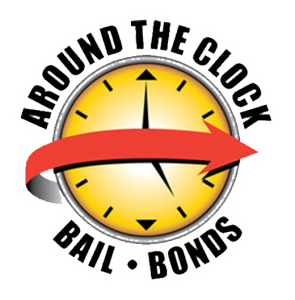Austin Hands-Free Laws
In response to heightened safety risk and increased public concern about the dangers of driving while dialing or texting, many cities have imposed ‘hands-free’ laws. These laws make it illegal to drive while using your hands for a phone or other device. Instead, people are encouraged to use bluetooth and other hands-free technologies that allow them to keep their hands on the wheel and their eyes on the road. What exactly do these laws mean for Austin? Will they have a statewide impact?
Details of Austin Hands-Free Laws
Austin recently passed several laws to reduce distracted driving, which is responsible for 421,000 injuries a year. While all forms of driving while distracted cannot be banned, the recent sharp increasing in motor vehicle accidents is believed to be due to an increase in handheld devices. Making it illegal to use a device while operating a moving vehicle will create safer roads.
As of January 1, 2015, Austin drivers are no longer allowed to use a handheld electronic device while driving a vehicle or bicycle. In this law, Ordinance No. 20140828-041, a handheld device is defined to include:
- cell phones
- laptop computers
- GPS/navigation systems
- reading devices such as the Kindle
- PDAs (personal digital assistants such as Blackberry)
- MP3s/handheld music devices
- pagers
- personal communication devices that use broadband
- any electronic computing or gaming devices
In addition, the city of Austin also has made laws specifically regarding text messaging while driving, Ordinances No. 20091022-028 and 20091217-090. These forbid reading, composing, and viewing text messages while driving a moving vehicle. These are also called the “texting while driving” laws.
There are a few exceptions to these laws. First, all of the hands-free laws allow operating devices while at a stop, including while stopped at a light or pulled over to the side of the road. In addition, all allow calling 911 or 311 to report accidents, crimes, and emergency situations while driving, although it is recommended that people pull over to make these calls if this is safe and possible. Last, drivers can still use hands-free systems such as voice operated GPS, Bluetooth, and other systems. In addition, drivers are allowed to use headphones to operate these devices when needed.
The New Consequences of Distracted Driving
Using a device while operating a motor vehicle or bicycle is now a Class C misdemeanor. Drivers who are ticketed for this offense face up to $500 in fines in addition to the fines for any other offenses committed.
Possible Statewide Impact of the Hands-Free Law
Texas is one of only six states that does not have a statewide law against texting and other forms of distracted driving. However, Austin is among 22 cities in the state of Texas that have passed municipal laws in this area. As distracted driving is reduced in the state, city by city, motor vehicle accidents and injuries are likely to fall. In addition, traffic congestion in large cities such as Austin will probably be reduced because of fewer accidents. Austin may also have additional funds due to increased ticketing and fines.
Distracted driving impacts all citizens, so reducing this hazard will create safer and more efficient roadways. It will be difficult for many people in Austin to adjust to the new restrictions, but the effort will be worth it.










